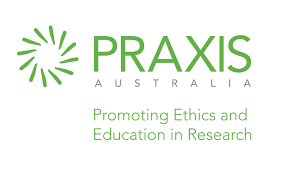“I recommend this workshop to anyone who has oversight of research projects to ensure that they are meeting their obligations in relation to funding agreements, legislation and relevant codes and guidelines.” – Angela Astbury, Ethics Compliance Officer, WEHI
“Great session. I really enjoyed learning more about risk-based monitoring. This advice will be extraordinarily helpful in my future clinical monitoring endeavours.” – Claire Carnley, Clinical Project Officer, Telethon Kids Institute
With updated sector guidelines, the National Clinical Trials Governance Framework assessments and rapid changes, now is a crucial time to ensure your clinical research is operating to expected standards.
That’s why research staff like you are enrolling into our live, virtual Monitoring Approved Research workshop, to achieve high-quality, safe, and reliable clinical research on site.
Using best-practice strategies and real scenarios, industry expert Tim Dyke will unlock the secrets of managing research risk and projects by understanding key requirements, processes and a sure-fire monitoring plan to ensure success.
You will also gain insight into the role of the HREC and Sponsor and the monitoring requirements that are stipulated under ICH GCP E6(R2), ensuring you leave with a thorough understanding of the role and responsibilities of all stakeholders.
You can claim 3 CPD points on completion of the workshop.
This workshop is for:
- Clinical Trial Coordinators
- Research Administrators
- Researchers
- HREC Executive Officers / Secretariat
- Research Governance and Integrity Officers
- Research Managers/Coordinators
- Clinical Research Associates
- Clinical Research Officers
What will you learn?
On completion, you will be able to:
- Identify the regulatory, legislative and guidance documents that describe research monitoring for your institution to ensure you remain compliant
- Develop a robust risk assessment strategy so you can manage risk of your research projects
- Utilise valuable resources including failsafe monitoring plans and easy-to-use templates to help you effectively monitor key activities
- Create an effective strategy for approaching retrospective and prospective monitoring of your past, current and future research projects
- Know the roles and responsibilities of all stakeholders, so you can effectively engage them and take into account their needs and priorities
- Use proven communication skills and tools to build and strengthen all stakeholder relationships and enhance the effectiveness of these relationships




